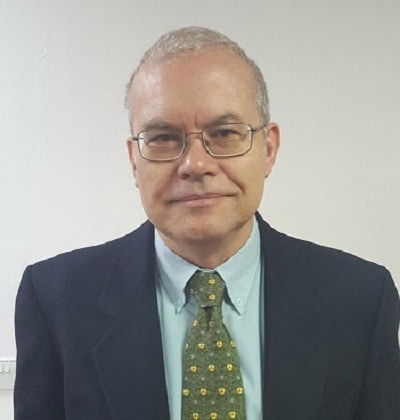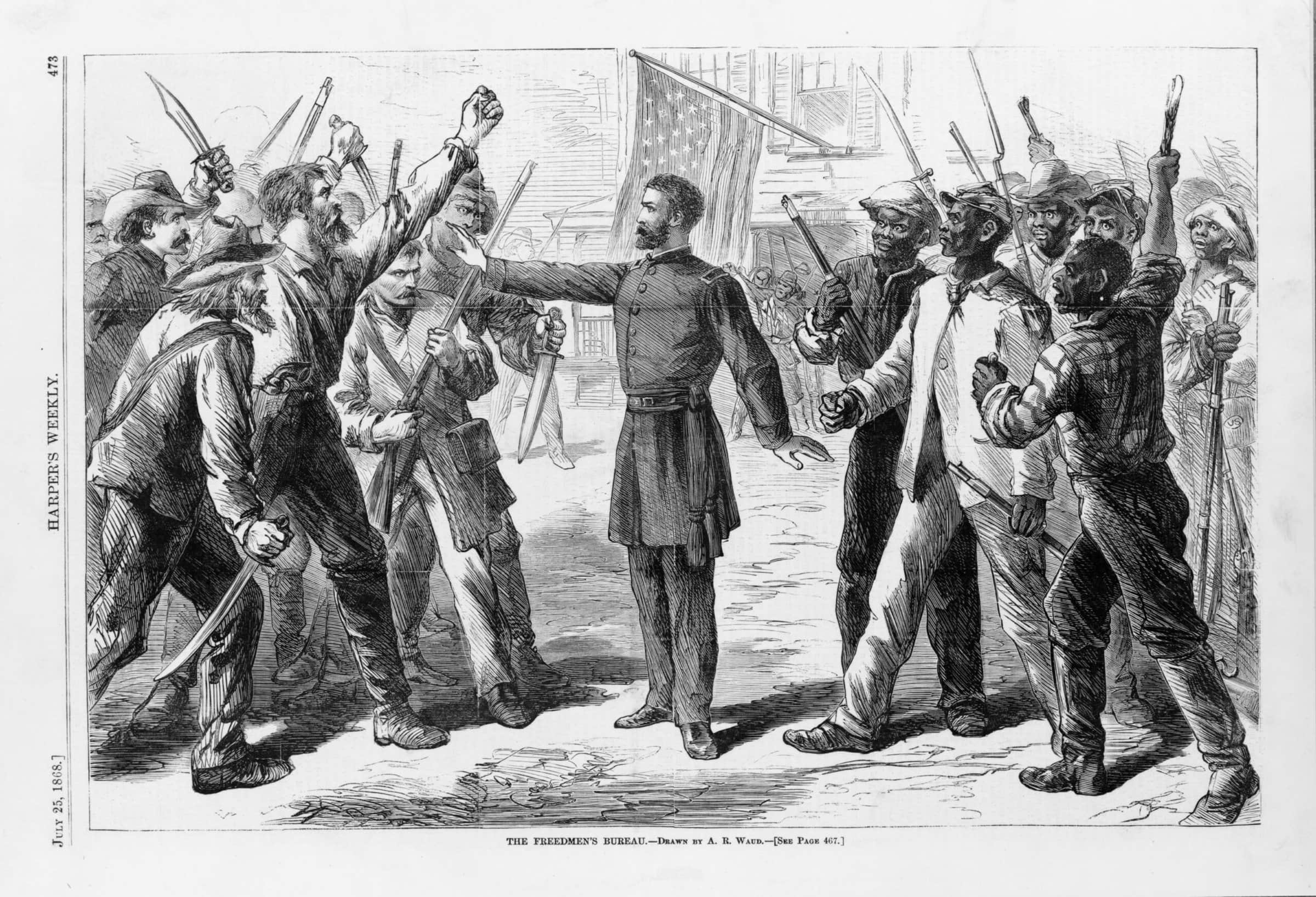Enrico Dal Lago is an established professor of history at the University of Galway. He lives in Galway, Ireland, and has been a member since 1997.
Website: https://www.universityofgalway.ie/our-research/people/history-and-philosophy/enricodallago

Enrico Dal Lago
Alma mater/s: Laurea in Lettere (classics), University of Rome ‘La Sapienza’; MA (anthropology), University of Kansas; MA, University College London; PhD, University College London
Fields of interest: comparative slavery, nation-building, 19th-century US, 19th-century Italy, 20th-century US, 20th-century Italy
Describe your career path. What led you to where you are today?
I studied classics in Italy, and then archaeology in the United States, but then I went to the UK and I did a PhD in history at University College London, where I also worked as a teaching fellow. Since my time as an undergraduate, I always wanted to go to Ireland, so when a lecturer position opened here in Galway, I applied for it, and I was thrilled when I was hired. Ireland has the unique advantage of being literally placed between Europe and America, and Irish historians have made much of Ireland’s transnational links with the Atlantic world; therefore, it was also the right place for me to follow my vocation as a comparative historian.
What do you like the most about where you live and work?
Galway shows Ireland’s Atlantic inclination more than any other place as an acknowledged international artistic and cultural centre. I love the fact that the University of Galway is a major contributor to the town’s international culture, thanks to the diversity of its academic staff and their specializations.
What projects are you currently working on?
In my next project, I will move into the 20th century by applying the comparative historical method to a study of large-scale governmental intervention in the 1930s Tennessee and in Latium, Italy, and by analysing the impact of substantial public involvement on the economy and society of the two regions in that period.
Have your interests evolved since graduation? If so, how?
As a result of the pandemic, in the past two years I have become much more aware of the importance of public policy in addressing exceptionally wide-ranging issues, such as a global health crisis; it is a lesson I wish to bring into my studies.
What’s the most fascinating thing you’ve ever found at the archives or while doing research?
One of the most interesting things I found was certainly a series of letters that South Carolina planter Charles Manigault sent to his overseer from Naples, Italy, where he witnessed the beginning of the 1848 Revolution there first-hand; it is the type of historical document that best exemplifies the importance of investigating transnational connections.
Is there an article, book, movie, blog etc. that you could recommend to fellow AHA members?
I would encourage AHA members who have an interest in Italian history to read Antonio Scurati’s M: Son of the Century (2022). It is a very impressive combination of literary fiction and historical biography supported by documents, which recounts in detail the dreadful circumstances of Mussolini’s rise to power and his establishment of the Fascist dictatorship, with the absence of legality and the widespread violence against the opposition. It is also a warning for similar events to not happen again.
What do you value most about the history discipline?
The fact that everything we claim as historians must be always supported by a great deal of documentary evidence.
Why is membership in the AHA important to you?
I always found the AHA as the most genuinely international among the historical associations, and, over the years that I attended the AHA annual meetings, I was grateful to be able to meet friends and colleagues, and also fellow researchers from all over the world.
Do you have a favorite AHA annual meeting anecdote you would like to share?
Over the course of the past 25+ years, I met many terrific scholars at the AHA annual meeting, and I either participated in, or went to listen to, panels that truly opened my mind about particular historical issues.
AHA members are involved in all fields of history, with wide-ranging specializations, interests, and areas of employment. To recognize our talented and eclectic membership, Perspectives Daily features a regular AHA Member Spotlight series.
This work is licensed under a Creative Commons Attribution-NonCommercial-NoDerivatives 4.0 International License. Attribution must provide author name, article title, Perspectives on History, date of publication, and a link to this page. This license applies only to the article, not to text or images used here by permission.

